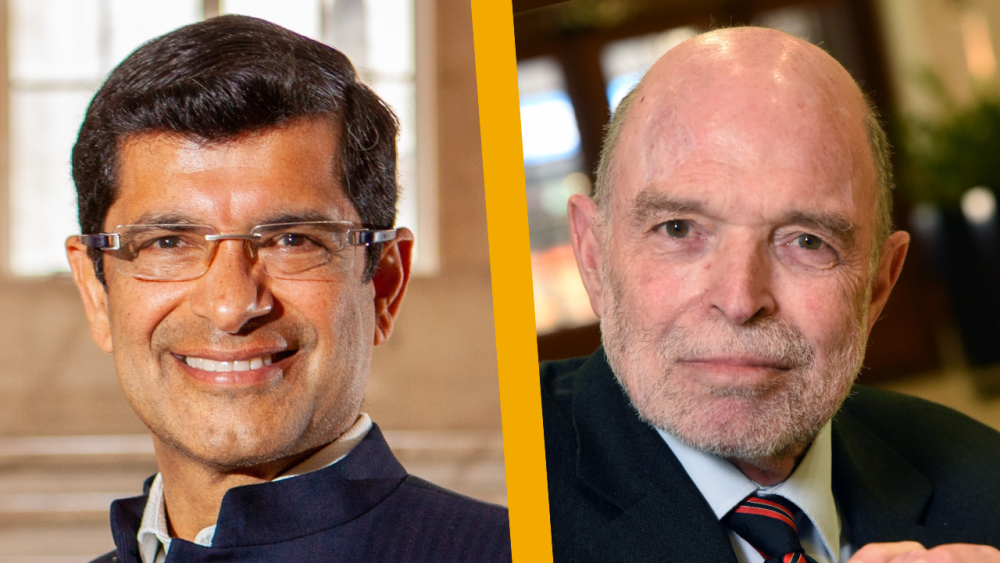
University financing: has the model broken and can it be fixed?

Key information
- Date
- Time
-
6:00 pm
- Venue
- Zoom
- Event type
- Lecture
About this event
The common view in the sector from academics to unions, Vice Chancellors and students is that universities in the UK are in a financial crisis.
Student fees have not increased for over 10 years despite external financial pressures. Financial experts now say that the government’s underestimation of inflation means students have less spent on their teaching than at any other time since fees tripled in 2012.
The tension between the financial reliance on international students versus government pressure to restrict and reduce immigration numbers, places even greater pressure on university finances.
Many universities – around one third today – face the reality of restructuring. The closure of departments, the inadequate support for students and the nature of international fees is the result of a lack of financial stability.
At this next SOAS Vice-Chancellor’s Lecture Series event, Professor Shitij Kapur, Vice-Chancellor & President of King’s College London and Professor Nicholas Barr FRSA, Professor of Public Economics at the London School of Economics, join SOAS Vice-Chancellor Professor Adam Habib to discuss solutions to what many see as a broken operational model in higher education.
The discussion will ask how can we establish a more solid financial footing for universities, is free higher education possible and if so, on what terms? What is the appropriate mix - if any - between fees and government subsidy.
The talk will also look at the reliance on international fees asking should this be the mechanism by which to cross-subsidise domestic fees and research? What about the morality of draining resources from the Global South to finance the domestic obligations of the Global North?
Speakers
Professor Shitij Kapur
Vice-Chancellor & President of King’s College London
Professor Shitij Kapur returned to lead King’s College London in June 2021 after four years at the University of Melbourne, where he was Dean and Assistant Vice Chancellor (Health) for the Faculty of Medicine, Dentistry and Health Sciences and the interim Deputy Vice Chancellor (International). During his time in Melbourne, Professor Kapur significantly increased the educational footprint of the Faculty of Medicine, Dentistry and Health Sciences, introducing innovative models of learning, increasing both research income and impact, while doubling philanthropic support. Professor Kapur is globally recognised for his research on understanding psychosis and antipsychotic treatment and has received many awards and honorary fellowships including the honours of Distinguished Fellow of the American Psychiatric Association, Fellow of the Academy of Medical Sciences (UK), Fellow of the Academy of Health and Medical Sciences (Australia) and Fellow of King's College London.
Professor Nicholas Barr FRSA
Professor of Public Economics at the London School of Economics
Professor Nicholas Barr FRSA is a Professor in Public Economics at the London School of Economics. The heart of his work is an exploration of how market failures both explain and justify the existence of welfare states. His policy work includes periods at the World Bank and IMF. Since the mid 1980s he has been active in the debate on higher education finance - he and his colleague Iain Crawford having been described as the architects of the 2006 reforms in England. He is also involved in pensions policy, including advice to the government of China, and as a member of a Presidential Commission on Reform of the Pension System in Chile. He is the author of numerous articles, and author or editor of over twenty books, including The Economics of the Welfare State (6th edition, 2020), Financing Higher Education: Answers from the UK, 2005 (with Iain Crawford), and Pension Reform: A Short Guide, 2010 (with Peter Diamond).
Hero image credit: SOAS University of London.


